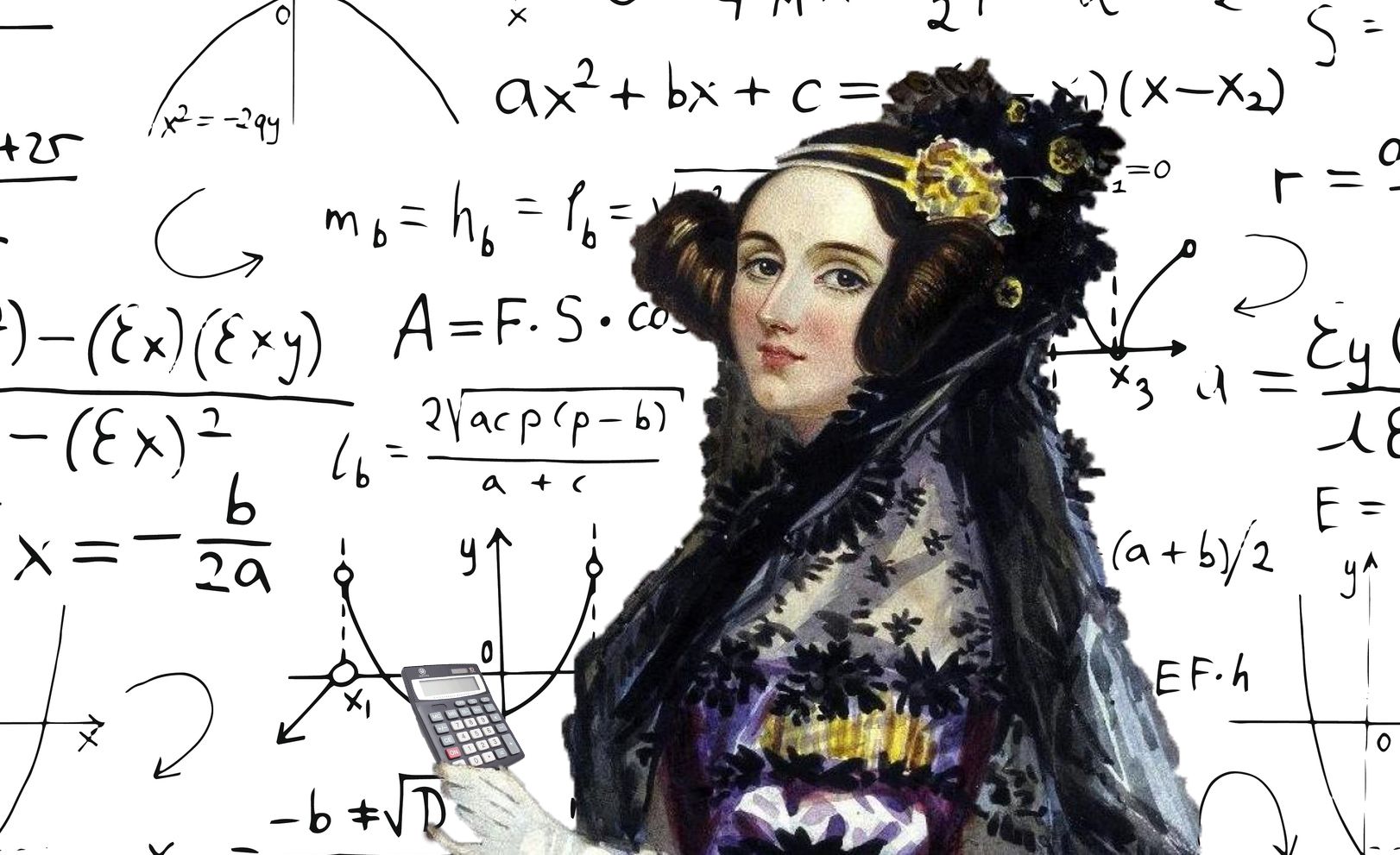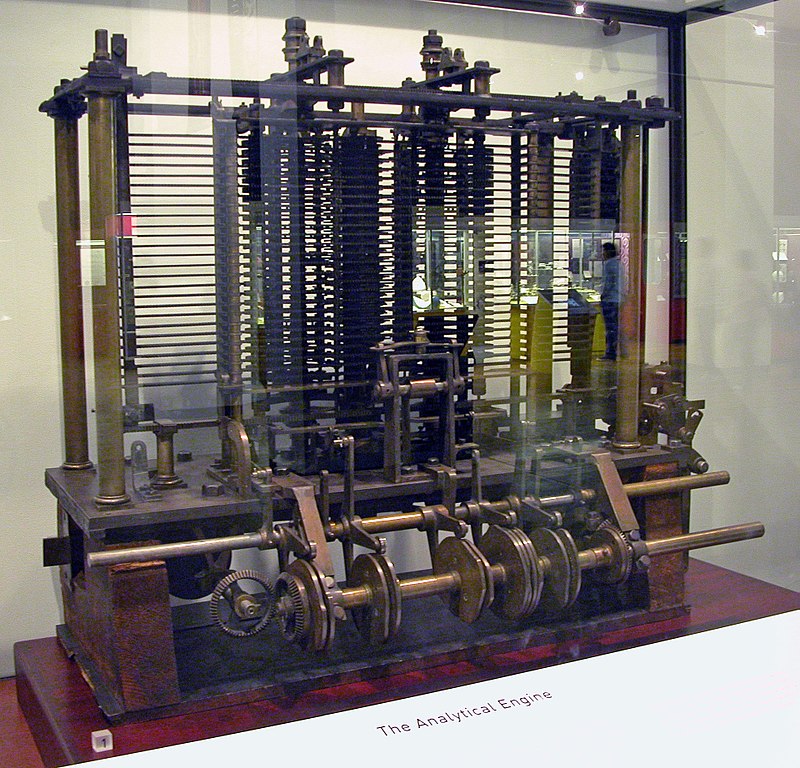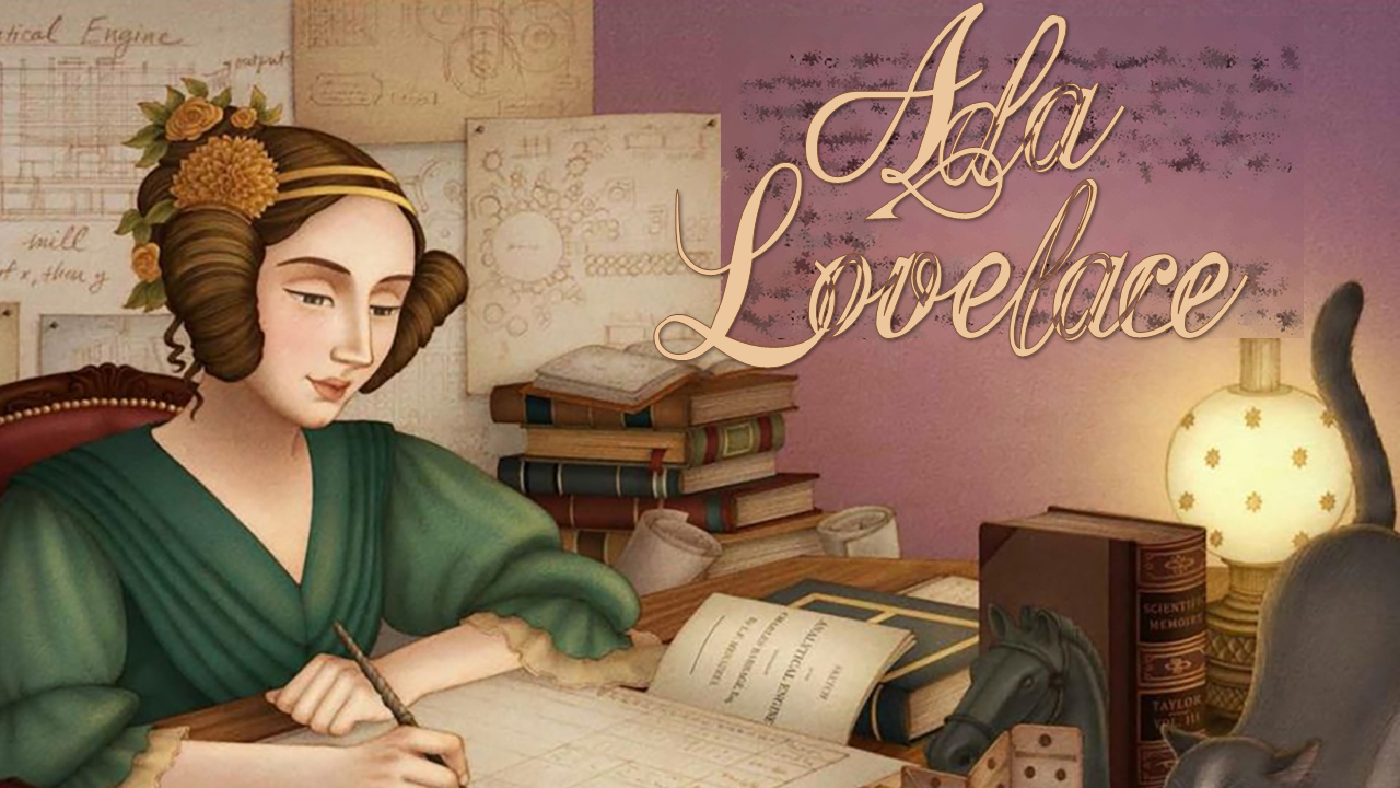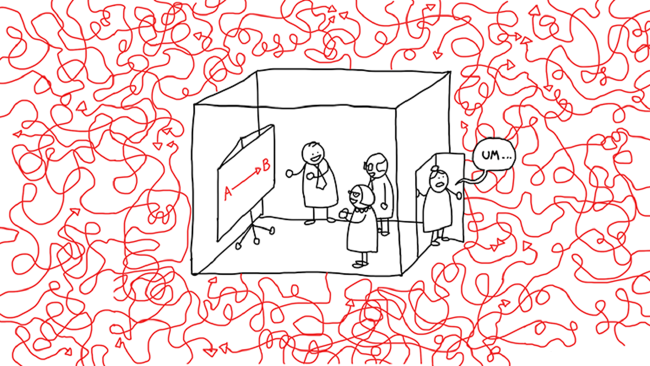Who is Ada Lovelace?
Ada Lovelace was a British mathematician and writer who is credited with being the first person to publish an algorithm for use on a computer. She was also the first to recognize the potential for computers to be used for more than just calculation.
Chiefly known for her work on Charles Babbage’s early mechanical general-purpose computer, the Analytical Engine. She was the first to recognize that the machine had applications beyond pure calculation, and published the first algorithm intended to be carried out by such a machine. As a result, she is sometimes regarded as the first computer programmer.
Biography
Lovelace was the only legitimate child of the poet Lord Byron and his wife Anne Isabella Milbanke, Lady Wentworth. All of Byron’s other children were born out of wedlock to other women. Byron separated from his wife a month after Ada was born and left England forever four months later. He died of disease in Greece in 1824 when Ada was eight years old. Ada’s mother remained bitter towards Lord Byron and encouraged Ada in her studies to prevent her from following in her father’s footsteps.

Ada married William King, 8th Earl of Lovelace, in 1835. She became Countess of Lovelace after her husband was created Earl of Lovelace in 1838. The couple had three children.
Lovelace first met Charles Babbage in 1833, and they began a long working relationship and friendship. She understood his Analytical Engine and saw its potential to go beyond mere calculation and number crunching. In 1842, she translated an article by Italian engineer Luigi Menabrea on the engine, which she supplemented with her extensive notes. These notes contain the first published description of a computer and include what is recognized as the first algorithm intended to be processed by a machine.

Lovelace’s notes are important in the early history of computers because they contain the first description of a general-purpose computer and a step-by-step method for calculating a sequence of Bernoulli numbers using the Engine, which is considered to be the first published computer program. They also include a method for calculating Bernoulli numbers with the Engine that is more efficient than the one published by Menabrea.
Lovelace died of uterine cancer in 1852 at the age of 36. Her notes on the Analytical Engine were published posthumously in 1853.
Resume
Ada Lovelace was an English mathematician and writer, chiefly known for her work on Charles Babbage’s early mechanical general-purpose computer, the Analytical Engine. She was the first to recognize that the machine had applications beyond pure calculation, and published the first algorithm intended to be carried out by such a machine. As a result, she is sometimes regarded as the first computer programmer.
Lovelace’s notes on the Analytical Engine are important in the early history of computers because they contain the first description of a general-purpose computer and a step-by-step method for calculating a sequence of Bernoulli numbers using the Engine, which is considered to be the first published computer program. They also include a method for calculating Bernoulli numbers with the Engine that is more efficient than the one published by Menabrea.
Lovelace’s work on the Analytical Engine helped to pave the way for the development of modern computers. Her insights into the potential of the machine to do more than simply calculate numbers were ahead of her time, and her algorithm for the Bernoulli numbers was a significant contribution to the field of computer science.
Releted Posts
Never forget about complexity analysis
In computer science, complexity analysis is the process of determining the computational complexity of algorithms, that is, the amount of resources (such as time and storage) required to execute them.
Read moreWhy you need to learn to CODE !
Coding is an important skill to learn for the 21st century. With coding, you can create your own website, app, or game.
Read moreWhat are NFTs and how do they work?
Everybody is talking about NFT’s and how many people are getting rich, so many words come to mind like: digital cryptocurrency, collectibles, blockchain, minting, digital art.
Read more


